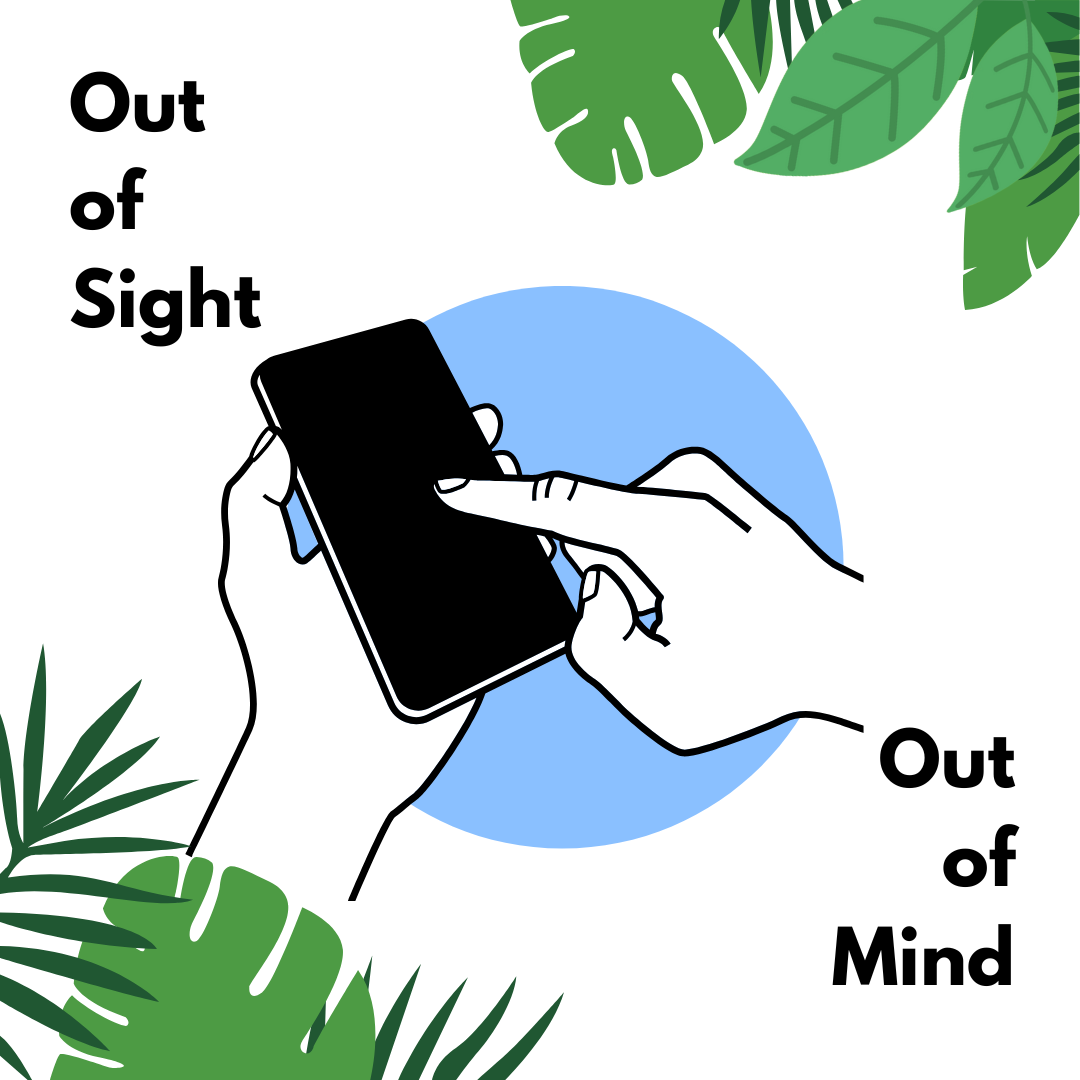Look around you and you’ll see it: a sea of people clutching their phones, hunched over in reverence to the glowing rectangle that commands their attention. Thus, it isn’t a surprise that roughly 95% of teens own a smartphone, with 77% of high school students routinely using their phones for social media. Samantha Luo `27, however, doesn’t bring her phone to school. It isn’t simply that she forgot it one day – it was an intentional decision to enrich her life.
“You’re at school for a reason,” Luo said. “Talk to your friends at school.”
As simple as her reasoning may sound, Luo’s choice aligns with broader research on the far reaching implications of phone usage in social settings. In an act named “phubbing” – diverting attention from social interactions to a cell phone — researchers contend that being “phubbed” makes the other person feel less cared for and excluded. On the other hand, being engaged in conversation fosters higher degrees of social connection and engagement.
“[Using phones] makes people a lot more impatient,” Luo said. “[Last year] I would go on my phone all the time, and I felt very fuzzy and tired.”
Luo’s experience aligns with experiences from students across the board. Research shows that users with higher screen time show less curiosity, self-control, and emotional stability. On the other hand, three-quarters of teens say it makes them feel happy or peaceful without their cell phone. Sophomore Layla Aburto-Vega, a student who has grown up not using a cell phone, shares her unique navigation through a world of digital domination.
“It was hard to be social,” Aburto-Vega said. “When friends asked for a number, it became awkward to explain that I didn’t have [my phone] on me.”
While Aburto-Vega admits that it was initially difficult to socialize, she believes that this lifestyle has had a significant positive impact on her mental health.
“[Going to school without a phone] definitely makes me happier and more active in my day to day life,” Aburto-Vega said. “[It makes] each day seem better and better, which I don’t always feel when I’m on social media.”
In addition to fostering mental clarity and better friendships, living without a phone also has an academic impact.
“In between classes, I find myself bored, so sometimes I’ll get easy homework done,” Luo said. “If I had my phone, I would not do that.”
Luo’s and Aburto-Vega’s unique experience highlights that living a phone-free lifestyle is not only entirely possible but also a pathway to fulfilled potential. Perhaps our parents are right in saying that “It’s that phone” distracting us from our true potential.



